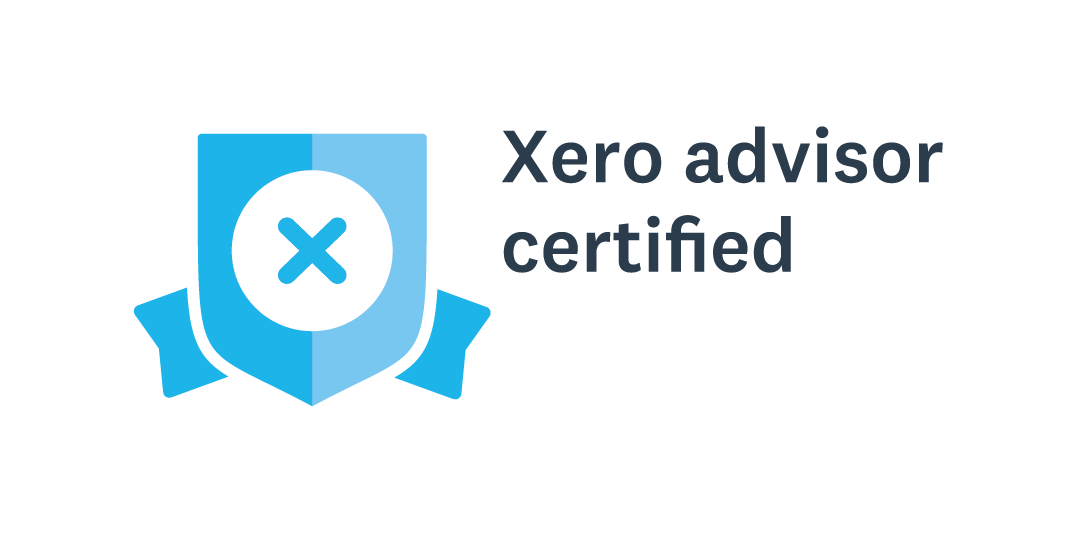In business as in life, we like to get what’s owed to us: to receive reward, pecuniary or otherwise, for our painstaking endeavours. But sometimes, just sometimes, demanding a due payment is not the best policy.
I shall illustrate this point by telling you a story. A story about a long-term, mutually beneficial business arrangement that soured overnight.
The story starts with your protagonist (me!) lifting an envelope off the welcome mat one fine morning. Scanning the contents of the letter within, I quickly came to the realisation that I had forgotten to pay our window cleaner for services rendered. That fact was not troubling in and of itself. Rather, it was the tone of the letter – which included a list of additional charges, such as interest on the amount due – which ruffled my feathers!
Where my first emotion had been guilt – neglecting to pay on the spot isn’t something I make a habit of – I now felt somewhat chagrinned at the letter’s snotty officiousness. As a longtime client of the window cleaner in question, I felt I deserved the benefit of the doubt, or at the very least, a little leeway. Draw my attention to the error, certainly: but don’t penalise me financially.
The incident got me thinking about how we handle clients who don’t, ahem, cough up on time. How we calibrate our mindsets to plot the best course of action. Ultimately, we want our money. But at what cost?
There are two ways of looking at it: sympathetically or unsympathetically. Either our client has absentmindedly forgotten to pay, or he/she is an outright chancer who needs a severely worded reminder.
Most of us find chasing payment uncomfortable. But perhaps the best policy to adopt is one of tolerance: to assume non-payment has been an oversight on the part of our client, an honest mistake rather than a taking of liberties. Treat the client like a friend or business partner rather than a cash cow to be bled dry.
“What happened with the window cleaner?” I hear you ask. Well, you’ll be glad to know that I settled my bill. I also hired a new window cleaner. Which is my point: a long-term customer can quickly become an ex-customer if you don’t treat them with the respect they deserve.
The key question to ask is whether the non-payment is a matter of ‘can’t pay’ or ‘won’t pay’. With this in mind, I’ve written some handy tips.
• Try to ensure no-one owes you more than you’re willing to lose
• Price your services fairly – so it’s not a crippling blow if you walk away from a contract
• Send friendly chaser emails to tardy clients
And some slightly harsher options – but one’s you might wish to consider…
• Price adjustment (simply charge late payers more – not as punishment, but to compensate for time and hassle of chasing payment)
• Withholding service or payment in advance
• Stop working with them
If you’re dealing with a particularly difficult customer, and all friendly attempts to elicit payment have failed, you can always take the matter to the small claims court. After all, even those with saintly reserves of patience can get sick of chasing an unpaid bill!
If there’s one take-home, though, it’s this: unnecessary bluntness in securing payment can irredeemably damage your reputation. Be friendly, be fair and treat your client as you wish to be treated. It can, and will, pay dividends.




